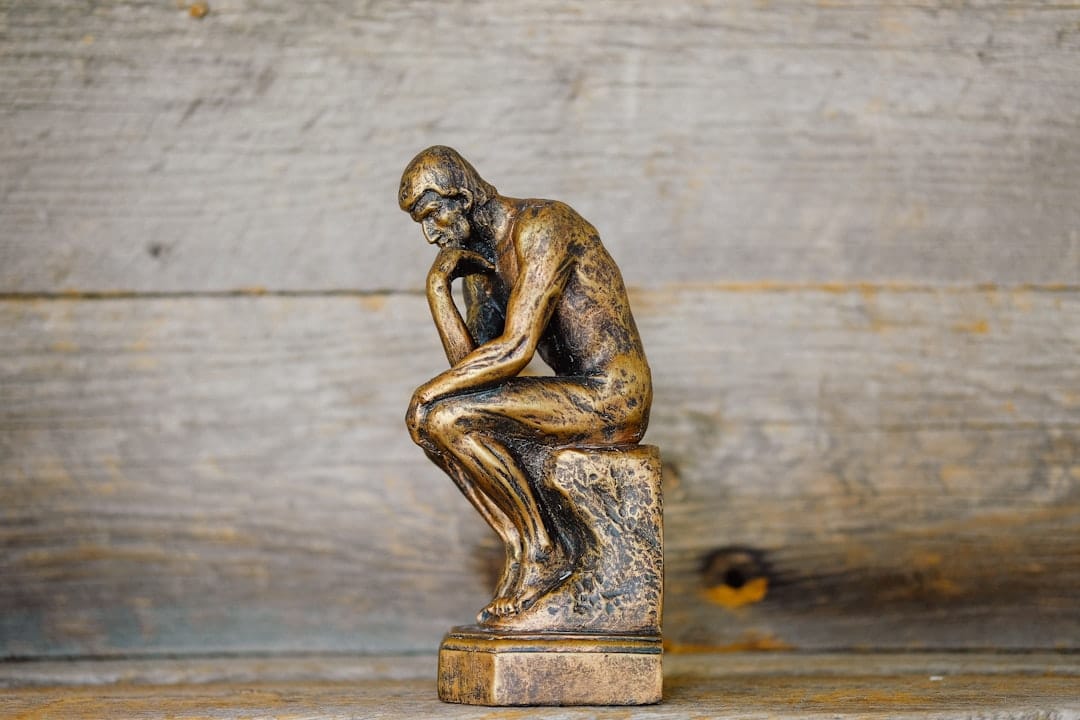This is Not About Beyoncé

Maybe it is.
My daughter loves Beyoncé. Loves. When she was itty bitty, she used to take this tie-dye beach wrap I had, plop it on her head, and call it her Beyoncé hair. She’s been Beyoncé for Halloween (twice!), uses her music as her warm-up for dance/choreography, and can sing lyrics on command. Did I mention she loves Beyoncé? But she also knows herself well enough to understand her own limitations without being hyper-critical or dogging something to death.
Case in point: Beyoncé’s latest album. My teen knows that this album is not for her and has even said “I will listen to it again when I understand better.” She cannot relate to themes in the album because she has not lived a life, yet. While “Formation” may have empowered her teen-girl self, and “Put A Ring on It” was not only groovy but spoke to all of her embodied teen sassiness, this Renaissance album is not for her right now and she’s OK with that.
I want us all to take a lesson from my daughter’s handbook and apply it to our lives.
The internet has given us unprecedented access to knowledge and foolishness. What it has not given us is access to critical thinking and actual objectivity. This world is so vast, yet so many folks seem to take things personally. It’s ok to not like an album, an artist, a painting, a place. Really, it is. However, much of what I see is conjecture or opinion. Where is the actual critique?
Returning to Beyoncé, it’s clear that this album isn’t for everyone. Full disclosure: I have only listened to it once and it’s taking me a minute to make the leap from her last studio album, Lemonade, to this. Just like my daughter, I’m not ready just yet, but I feel it coming. I know myself, and I want you to know yourself too. Again, not liking something is cool, but bashing the artist (for whatever reason), instead of clearly communicating why you don’t like something, is real elementary school playground.
Our likes and dislikes are personal and across these world wide webs, folks continue to position their personal opinions and feelings as theory and praxis. It really does remind me of being on the playground during elementary school. While I am able to see this from a mile away, and can easily scroll, delete, or block, it contributes to our stagnation as a people. How can we move forward if folks aren’t using any critical frameworks to address or interrogate popular culture? How you feel and how you are triggered ain’t it, fam. And by critical, I don’t mean that you have to use Hegel’s Dialectic to investigate the world or your biases. Folks like Audre Lorde, James Baldwin, bell hooks, and your granny (to name a scant few!) have given us clear frameworks through which we can be critical of the world around us.
You don’t have to like Beyoncé but remember, opinions are like assholes, we all have them. Real shifts occur with the application of theory — especially when that theory comes from Black and Brown folk.
